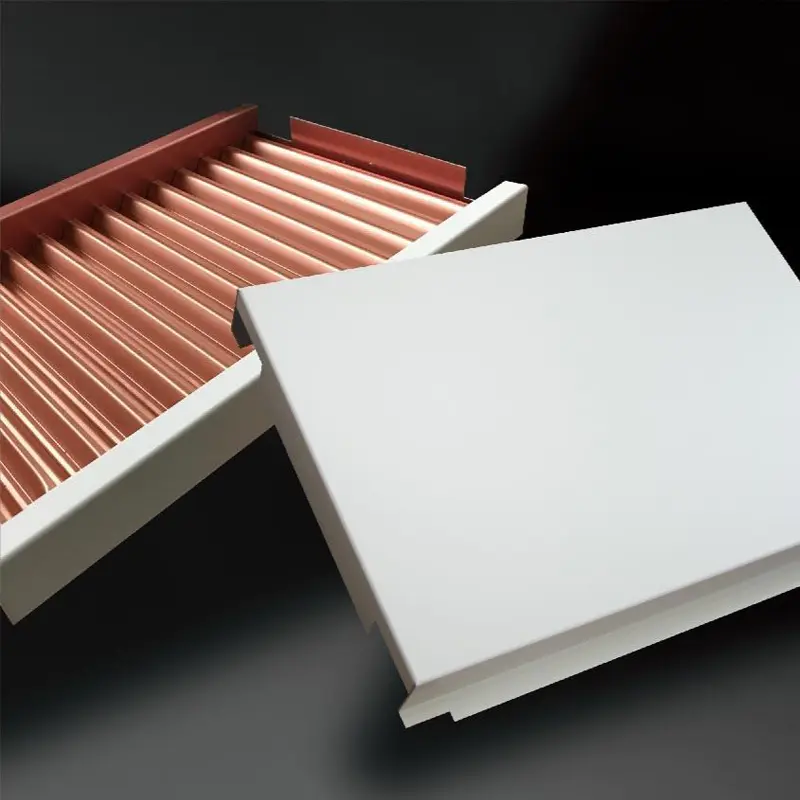Aluminum corrugated panels are emerging as a popular choice across various industries, driven by their distinctive advantages and extensive applicability. As a lightweight and durable material, they are increasingly being adopted for a wide range of construction and industrial applications.
One of the primary sectors utilizing aluminum corrugated panels is the architectural industry. These panels are often used in both commercial and residential buildings for roofing and wall cladding. Their durability against weather elements makes them particularly suitable for facades that require minimal maintenance while maintaining a stylish appearance. The aesthetic flexibility offered by aluminum corrugated panels allows architects to experiment with different designs and finishes, enhancing the overall appeal of buildings.
In the agricultural sector, aluminum corrugated panels are gaining popularity for use in greenhouses and storage facilities. Their lightweight nature makes them easy to install, while their ability to reflect sunlight helps regulate temperature within greenhouses. This leads to better crop yields and energy efficiency, contributing to sustainable agricultural practices.
Transportation is another area where aluminum corrugated panels are making an impact. They are used in the manufacturing of trailers and vehicles, where reducing weight can significantly improve fuel efficiency. The strength-to-weight ratio of aluminum allows for robust designs without compromising on performance, making it an ideal choice for the automotive and transportation sectors.

The energy sector is also benefiting from aluminum corrugated panels. They are used in solar panel mounting structures, offering a lightweight yet strong solution for supporting solar arrays. As the demand for renewable energy sources continues to grow, the role of aluminum corrugated panels in energy-efficient designs is likely to expand.
Market trends indicate a rising demand for sustainable building materials, and aluminum corrugated panels are well-positioned to meet this need. With their high recyclability and environmentally friendly production processes, these panels align with the global push towards sustainability. Manufacturers are increasingly focusing on improving production efficiency and reducing carbon footprints, further enhancing the appeal of aluminum panels in the market.
The future of aluminum corrugated panels looks promising, with continued innovation driving their applications. Advances in manufacturing technology are leading to the development of new coatings and finishes that enhance durability and aesthetic qualities. Additionally, the integration of smart technologies in building materials is opening new avenues for the use of aluminum corrugated panels in smart buildings.
Aluminum corrugated panels are proving to be a versatile and valuable material across various industries. Their lightweight, durable, and sustainable properties make them an attractive choice for architects, builders, and manufacturers alike. As market trends continue to favor environmentally friendly and efficient solutions, the demand for aluminum corrugated panels is set to grow, shaping the future of construction and industrial applications.